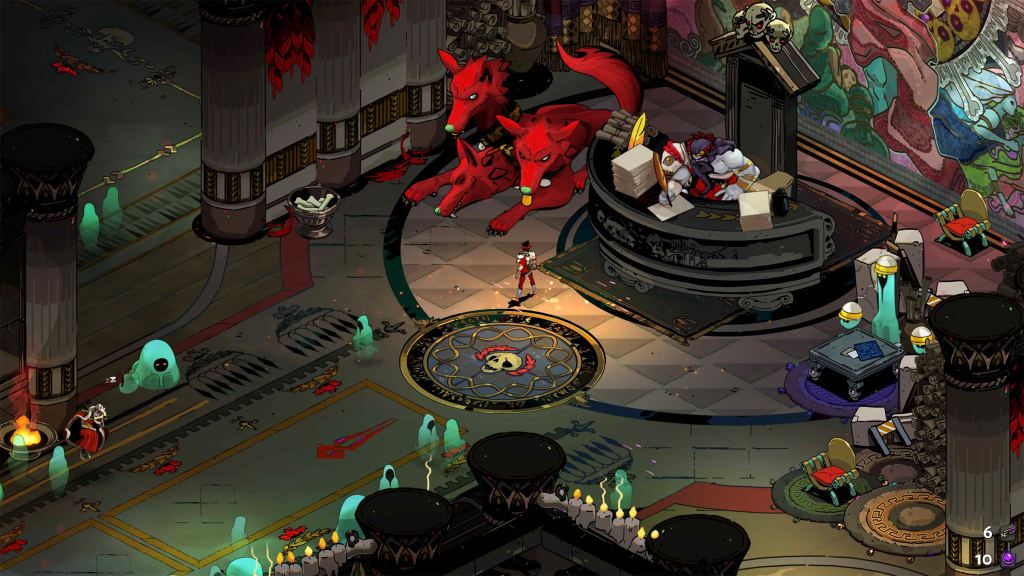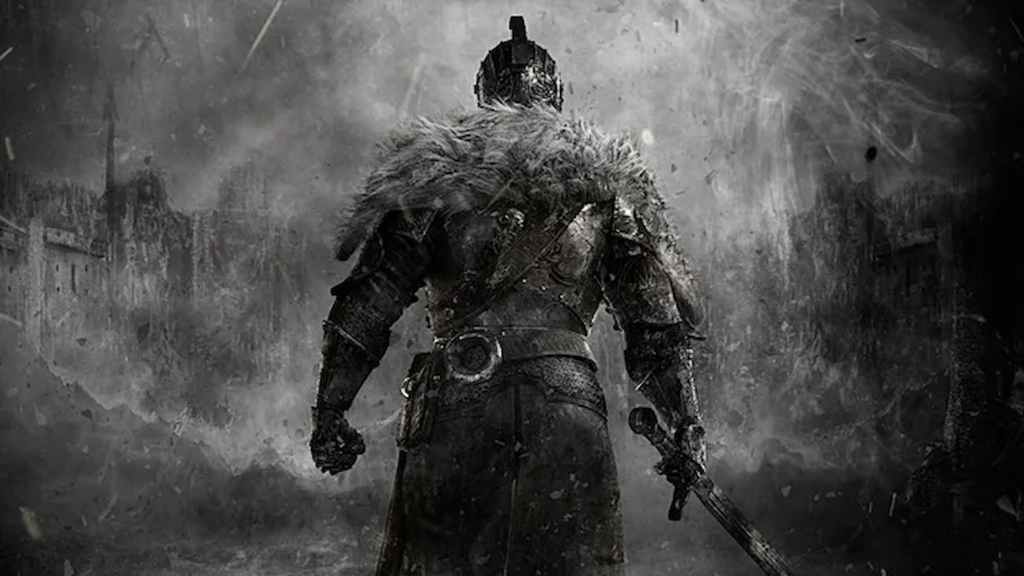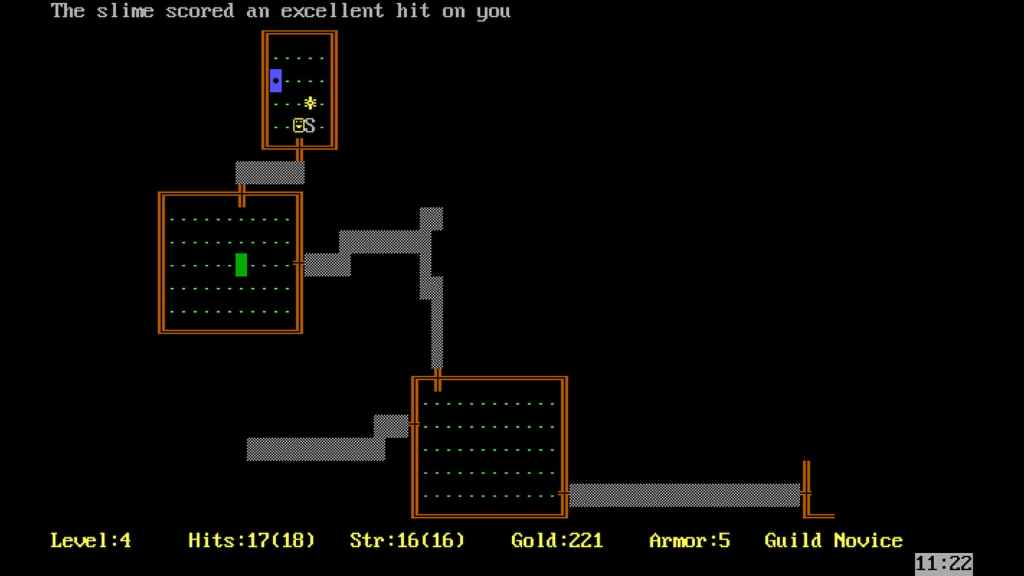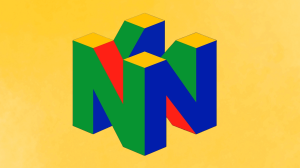Every era of gaming has a defining spark, a single title that quietly plants a seed the industry won’t fully understand until decades later. Today, the roguelike genre is one of the most dominant and beloved in gaming, shaping everything from indie hits to mainstream blockbusters. Hades, Slay the Spire, Dead Cells, Returnal, and countless others now occupy a space gamers associate with innovation, replayability, and deep mechanical mastery. But long before these titles became icons, and long before roguelike became one of the most powerful buzzwords in the industry, a humble dungeon crawler laid the foundation for everything that would come after.
Videos by ComicBook.com
That game was Rogue, released in 1985. It is a title many modern players have heard of, but few have actually played. Rogue didn’t just create a new genre; it created a design philosophy. Permadeath, procedural generation, run-based gameplay, and high-stakes decision-making. These weren’t genre tropes back then. They were groundbreaking ideas that would echo through gaming history for nearly forty years. Without Rogue, many of today’s biggest hits wouldn’t exist, and some genres outside of roguelikes might look drastically different.
How Rogue Shaped Modern Roguelikes Like Hades and Slay the Spire

Rogue’s influence on modern games is so vast that it’s easy to forget just how revolutionary its ideas were. When Rogue introduced procedural dungeon layouts, item randomization, and permadeath, there was nothing else like it. Games weren’t designed to be endlessly replayable; they were designed to be finished. Rogue dared to build an experience that wasn’t about reaching the end once, but about learning, adapting, and mastering something that changed every single time you played.
I love roguelike games. Hades, Slay the Spire, Loop Hero, and so many others have had me glued to my Nintendo Switch for hours. Every run offered new chaos, new challenges, and new opportunities to learn from past mistakes. That loop, the magic of failure becoming progress, comes straight from Rogue. Slay the Spire’s deck-building may be radically different on the surface, but the core idea is the same: every attempt is a discovery, every loss is a lesson.
Rogue showed developers that unpredictability can be a feature, not a flaw. That a game can be endlessly replayable without relying on massive budgets. That players love tension when it feels fair. Today, roguelikes dominate the industry to the point that fans are surprised when a new game announcement isn’t a roguelike. The feeling of “just one more run” is the epitome of the genre, and it all started with Rogue in 1985.
Even Dark Souls and Fire Emblem Were Influenced by Rogue

What makes Rogue even more remarkable is how its design spread far beyond the genre it spawned. Permadeath, one of Rogue’s defining mechanics, became a pillar of strategy games like Fire Emblem and Xcom, where losing a unit created emotional stakes most RPGs couldn’t replicate. The tension of knowing every decision matters, that death is permanent, traces directly back to Rogue’s philosophy.
Even Dark Souls, despite being labeled a soulslike rather than a roguelike, carries traces of Rogue’s ideas. The careful resource management. The high consequence of mistakes. The learning-through-dying rhythm. The emotional arc of frustration giving way to mastery. When I first played Dark Souls, I felt the same familiar stress I felt booting up Rogue: one wrong step, one moment of carelessness, and you face devastating consequences. Heck, I even feel Rogue’s influence when I’m playing Arc Raiders, an extraction shooter where every run can end in failure and loss of progress.
And while Dark Souls brings players back to life instead of wiping progress completely, it retains the spirit of Rogue. It embraced the idea that games shouldn’t coddle you; they should push you to improve. Many developers referenced Rogue when designing high-risk, high-reward systems. Even tabletop RPGs took inspiration from their procedural unpredictability and character stakes. When a game makes you pause, breathe deeply, and consider every move, that’s Rogue living in its DNA. Rogue didn’t just create a genre. It influenced how developers think about challenges.
The Lasting Appeal and Legacy of the Roguelike Genre

What’s astounding is that nearly forty years later, Rogue still feels relevant. Yes, modern roguelikes have evolved, adding narrative, progression systems, flashy visuals, and accessibility options, but the core blueprint hasn’t changed. A run-based loop. Randomness that keeps things fresh. Skills that develop in the player, not just the character. These ideas have aged better than nearly any genre foundation from the 1980s, even if Rogue itself does not hold up today.
Why does this style endure? Because roguelikes speak to something fundamental in players: the joy of risk. There is something uniquely satisfying about a game that forces you to adapt, to be inventive, to let go of certainty. In an age where big-budget games rely on scripted spectacle and linear paths, roguelikes remain the last bastion of pure unpredictability.
Some of my most vivid gaming memories are from the close moments in games like Into the Breach, Slay the Spire, and Hades. I’ve had so many moments where an entire run was almost ended by a single mistake, only to avoid it and continue making progress. And every one of those moments goes back to Rogue’s design philosophy: make the player sweat, learn, and try again.
Rogue’s legacy also shows in the diversity of its descendants. Roguelike deck-builders. Roguelite shooters. Roguelike platformers. Roguelike action games. Roguelike farming sims. The genre has become one of the most flexible toolkits in game design, capable of merging with almost any style to create something fresh. And now, with roguelikes frequently topping best games of the year lists, it’s clear that Rogue set the foundation for modern indie hits, influenced triple-A philosophy, and continues shaping how developers think about replayability.
What do you think? Leave a comment below and join the conversation now in the ComicBook Forum!









